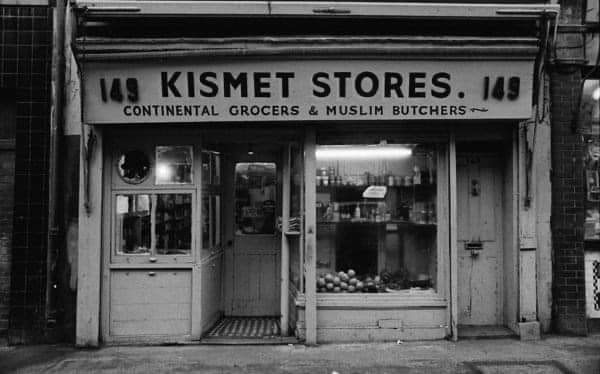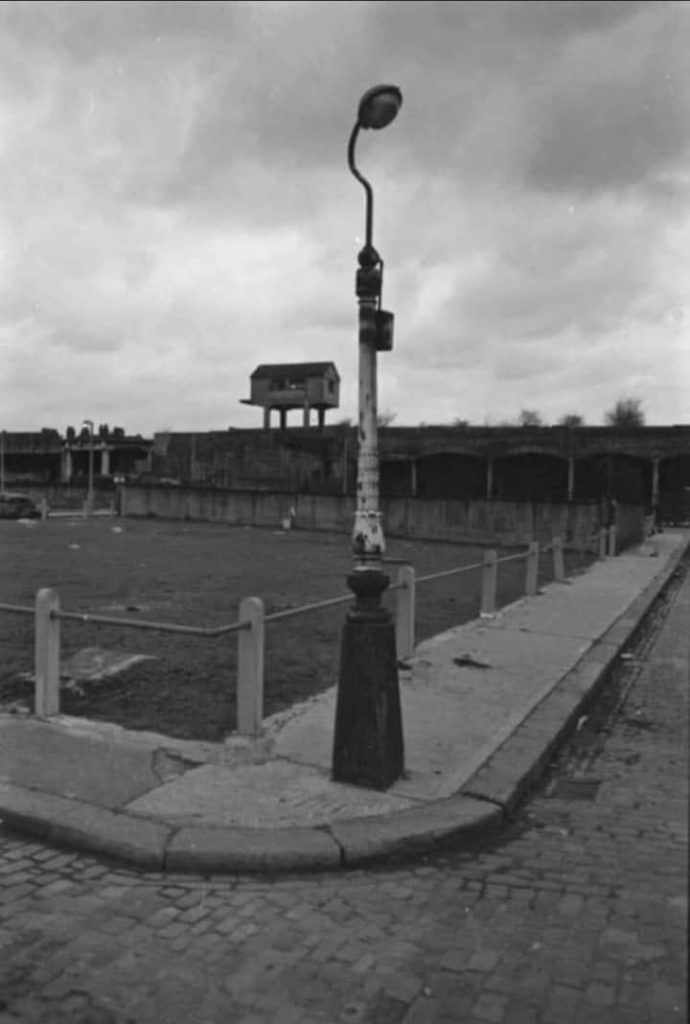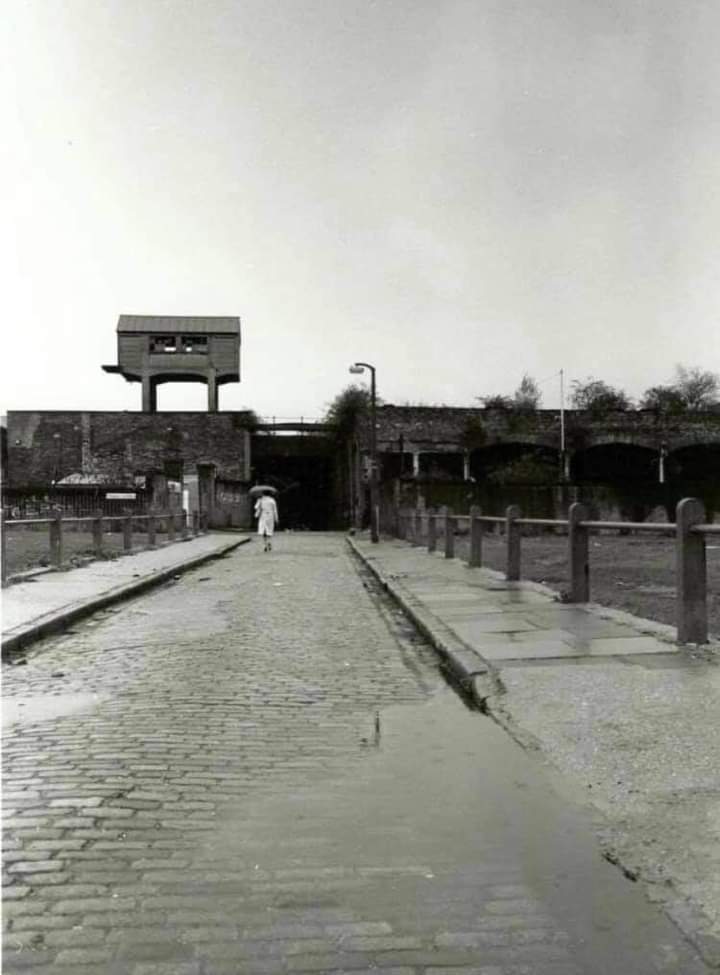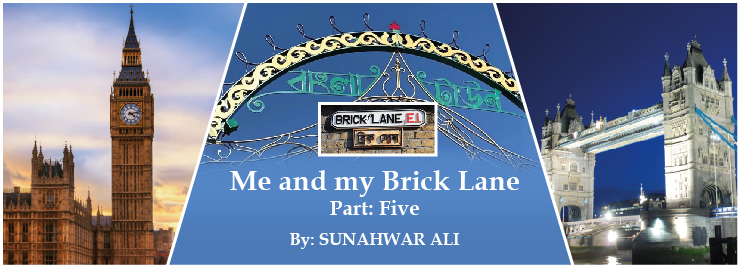Disadvantage Bengali Struggle, the Nightmare, fighting with our family. Furthermore, Race and we attacked. However, almost every day, hearing the word “Paki go back to your own country”, the Anti-Racist Movement was the turning point that changed lives in a land of opportunity and hopes both politically and economically; those who came to the UK in the mid-’80s do not have an understanding or clue about the past.




Once again, a reflection of memory PART FIVE, getting bullied and attacked, became relaxing in the school’s 3rd year. Still, getting assaulted on the street remained the same as usual in fact, 1975 was the year which slowly started changing my way of thinking and coming to terms with reality and the facts.
The school atmosphere of our group members became more relaxed than before, but the fear of getting racist attacks on the streets remained as usual; and 1975, racial attacks increased more than before, and the National Front (NF) became more active within East London areas. The details of NF and Anti-Racist activities will be discussed later in writing about 1978. However, my life continued as usual by doing everyday activities from attending school. Also, part of everyday shopping, cooking, and making breakfast does not change. However, my mother’s cousin Tobarok Ali (Jaynal mama) took me to early Sunday morning to buy free-range life chicken from Petticoat Lane Market. So once the leather garments busy season begins in August, I have to buy chicken every Sunday by myself.
As a child, I never had a problem buying things for myself where my father, Mama, or others provided me with money whenever needed. Still, I was lost in my world where no one talked about my schooling or education became a disadvantageous position always and no support or help from anyone.
My father had never been to school himself or my mother; education in our family was not the issue. My father was the most unique and wonderful person on earth. He was always come and relaxed, never got angry or upset, and quiet and less talkative unless he needed to talk or say something to anyone; he was an excellent listener and always ready to help anyone or everyone. Whoever asks for borrowing money from him says no to anyone. Usually, ask how much and when you need it, but even if he does not have cash on himself, he used to borrow from friends landing on others constantly.
My father never thinks building a house in our village where my mother and two sisters were living with his older brother’s family. Still, my father helped build homes for the rest of our family members and relatives. I was proud of my father for his generosity and kindness in helping people.
My father never understood, knew how to communicate with both sons, and never told us not to do anything or become angry or upset. At the same time, my brother took advantage of being kind-hearted as an older child. Who was living with them? Also was more senor within Nanar Bari (Mother’s family) has grown up since he was a child.
He moved back to our village at around about 45-year-old after his third marriage, as a first child within both families, got all attention, love and care and became a spoiled person and black-sheep for the family then and still now.
I usually visit 32 Hedsor House, Boundary Estate, where the family from our village and the woman of the household are close to my mother and are not relatives. Still, I used to call her grandmother (Nani) Abdul Hay (Ahad’s mother), and she was very kind and helpful. She used to feed me every time I visited them, spending at least three to four hours before writing a letter to Bangladesh.
Most Bengali people did not have a primary education during the ’70s and up to the ’80s. So they always had to find someone to write letters to communicate with family in Bangladesh.S0 we Bengali was not only deprived of local institutions and facilities where lack of knowledge or understanding and racism were significant factors for us.
During the end of the summer period, one of my father’s friends moved with us name Somok Ali (Chacha), who did have primary education in Bangladesh before coming to the UK. So, I was happy about his moving to our flat. Nevertheless, initially, whenever I asked him to write a letter for me, he used to write over the weekend after the leather factory became busy; Chacha kept saying my arms were aching and doing it the following week. At one stage, he advised me why don’t you try to write a letter to your’s mother. So, his advice and motivation helped me later.
Despite the above, in my schooling in Bangladesh, three-time took an exam test for class two but always failed; during 1971, during the War against Pakistan, all school was closed, and 972 everyone upgraded their study without an exam. So, I was happy that I was upgraded to class two at last, but at the end of January 1972, my father went to Bangladesh and started the work process of bringing us to the UK.
In 1971, I was ten years old but happy for the new-born country, but after our passport was issued within ten days from Sylhet Town in 1972.
Reflecting on my memory, everyone from time to time talked about it. So, it kept coming to my mind. Whereas the early ’60s, when my father went to West Pakistan. He spent over six months in Pakistan to make a passport and come to London. So, everyone remembers how much suffering my father had gone through these days; lack of knowledge and communication system, getting in touch with family was the only way to write letters. It used to take weeks or even months to receive letters.
After we got our passports in a new country within ten days, I started to admire Bangabandhu, the Nation’s Founder who led us to victory and gave us Bengali our own identity and Nation; he has become my hero. I was so grateful that we have become an independent nation since then.

